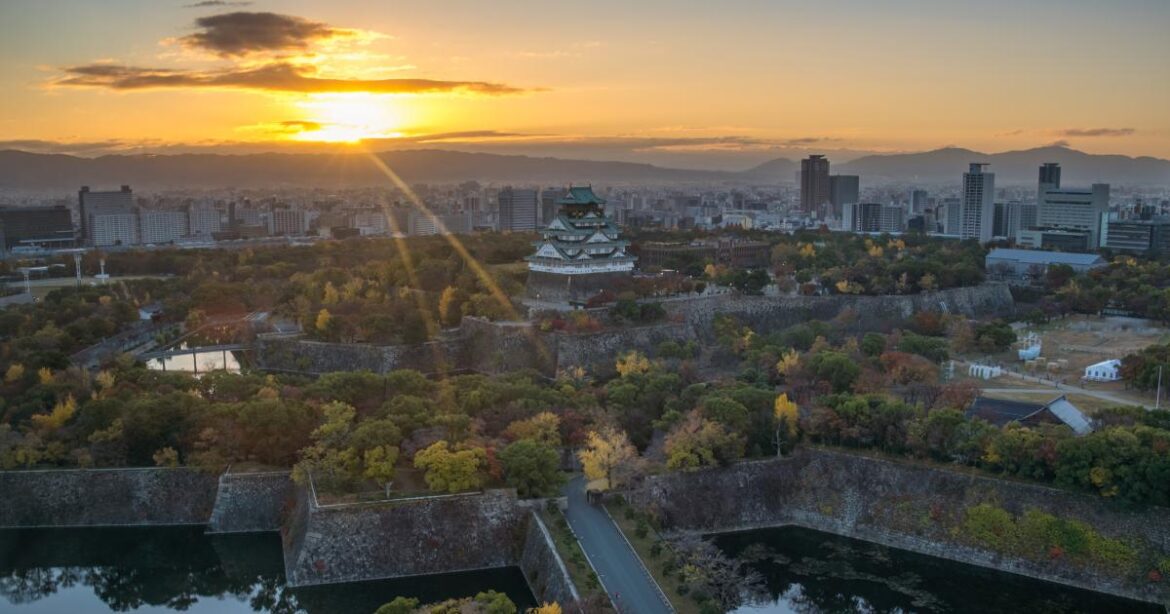From 22 to 24 September, the Commission and the European Economic and Social Committee will host the Circular Economy Days at the Osaka World Expo in Japan.
The event aims to highlight the potential of the circular economy in addressing global climate challenges, while fostering inclusive growth.
The Circular Economy Days will facilitate dialogue and collaboration among European, Japanese and international stakeholders, including policymakers, businesses and innovators in the circular economy. Together, they will explore strategies, share best practices, and form partnerships to advance circular solutions across various sectors and borders.
Jessika Roswall, Commissioner for Environment, Water Resilience and a Competitive Circular Economy, will participate in three high-level events on 22 September. All events can be followed online here.
Event highlights:Textiles and fashion session: Commissioner Roswall will discuss solutions, such as rethinking production and consumption, extending product lifecycles through repair and recycling, reducing textile waste and replacing fossil-based materials with bio-based ones. This aligns with the EU’s Sustainable Textiles Strategy, which aims to enhance sustainability and circularity in textiles and the fashion sector.Sustainable cities session: Commissioner Roswall will present how water management and circular economy practices can enhance urban resilience to extreme weather, creating greener, more inclusive cities. European and Japanese mayors of cities that are at the forefront of the green transition will showcase successful environmental policies that deliver tangible results for citizens. Framed around the New European Bauhaus (NEB), this session will bring forward inspiring examples of sustainable architecture, innovative use of materials and urban strategies that build resistance to floods and droughts by working with nature. Circular diplomacy session: The final session will emphasise the importance of global cooperation in transitioning to a circular, resilient and just economy. Discussions will focus on EU-Japan collaboration and advancing the circular economy amid current geopolitical challenges. Background
The EU is prioritising the circular economy and increasing the use of recycled materials as part of its strategy to stay competitive. The Competitiveness Compass outlines three main areas to boost competitiveness: fostering innovation, decarbonisation and reducing reliance on external resources.
Since extracting and processing materials causes 90% of biodiversity loss, 55% of greenhouse gas emissions, and significant pollution, and with material demand set to grow, adopting circular practices can help address these challenges.
More information
Expo 2025 Osaka | Official Website


AloJapan.com